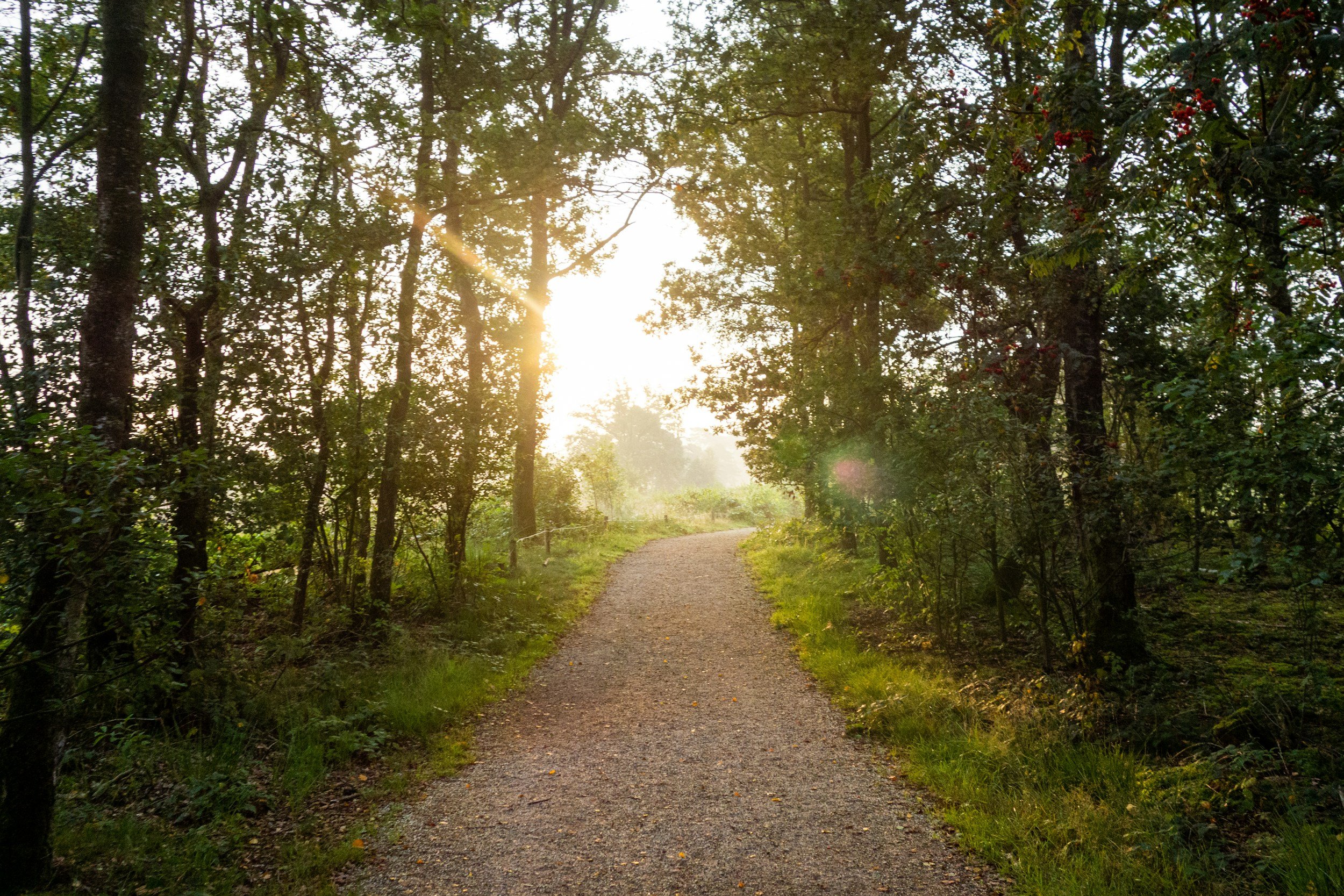Living near a river in a developing country for 16 years becomes something of a metaphor on life. The river we lived near and which flowed through the middle of our city was called “Varzob”. The literal translation is “Muddy River”, aptly named for its chocolate milk appearance at certain times of the year. I think it gets a bad rap, and this is why:
At its source the river is pure, crystal clear snow melt. From there it begins a journey down the mountains of Tajikistan, skirting its way through little villages, passing shepherds and their flocks of sheep along the way. Can the river be blamed for what gets deposited into it along the way, causing it to earn its muddled reputation? I’m sympathetic with the river.
The river was also the source of therapeutic mud baths for our children. In our home, water from the tap was piped directly from the river. So whatever the color of the river water during a particular season, that’s what came into our home. We would usually attempt to time the kid’s baths with whenever the water looked the cleanest. But with small children, a good soak can only wait so long. Once in a while they bathed in, let’s just say, less than clean water. On those occasions we’d try to convince ourselves that mud baths were therapeutic! With few exceptions, the kids never complained. Except for the time when a little fish made its way from the river through the pipes and out the faucet of our bath tub. The minnow actually survived the long journey and was spotted swimming around in the bath with the kids! I quickly retrieved it and transported it outdoors. Bath time continued.
On numerous occasions we would drain the tub and find a layer of silt and sand at the bottom. No, the kids weren’t that dirty. The river brought it to us. Over the years the river would be an ongoing subject of conversation in our family and community.
The river accumulates and assimilates, making its deposits and contributions along the way. Our lives are similar in the sense that they have a flow or direction to them. And the direction of our lives matters. We can be like the little fish which ended up in the bath tub. It allowed itself to be pushed and shoved by the current, ending up in a somewhat precarious situation. The current of culture is strong. If we aren’t careful, we can find ourselves taking the path of least resistance. We become assimilated into society to the extent that we are no longer distinguishable. Not set apart. Not peculiar. A deposit. But not an investment.
The path of resistance, however, is a journey worth taking. It’s an upward climb, a striving against the current and dodging obstacles along the way. It’s the forgetting of what’s behind and the straining toward what lies ahead. It is attainable by faith, yet unseen and always just beyond reach. We know this in our spirits, so we keep pressing onward. Upward.
Mud and meandering minnows are not all the river has to offer. The cool, clear waters of the river near its source in the snow-capped mountains are teeming with trout. They thrive in these waters and wouldn’t dare let themselves be swept downstream into the murky, polluted water where the both the temperature and the oxygen level put them at risk.
There is another type of fish, however, which thrives down below in the muddy waters. The Tajik name for this fish is “shirmohi”, which literally means “milkfish.” Don’t ask me how it got its name. I’ve always enjoyed fishing high upstream for the trout. Occasionally I’ve been surprised to find a milkfish on the end of my line instead of the sought-after trout. This fish is peculiar among its trout relatives. It has left its native environment of the muddy waters down below, making the treacherous journey upstream to the cool, oxygen-rich waters where the trout thrive. I admire that fish and the effort it made to search out something better.
I’m not sure what motivates that fish on its upward journey, but I do know what propels us upward. Faith. The writer of Hebrews defines it as being “sure of what we hope for and certain of what we do not see.” (Heb 11:1) A conviction that there is something much better up ahead, unseen but nonetheless real. The Spirit of God in us calls and coaxes us to grasp for the eternal. And like fish swimming upstream, we make our way toward the natural (or should I say supernatural?) environment we’ve been created for. Resistance doesn’t come easy. But the rewards are great.





